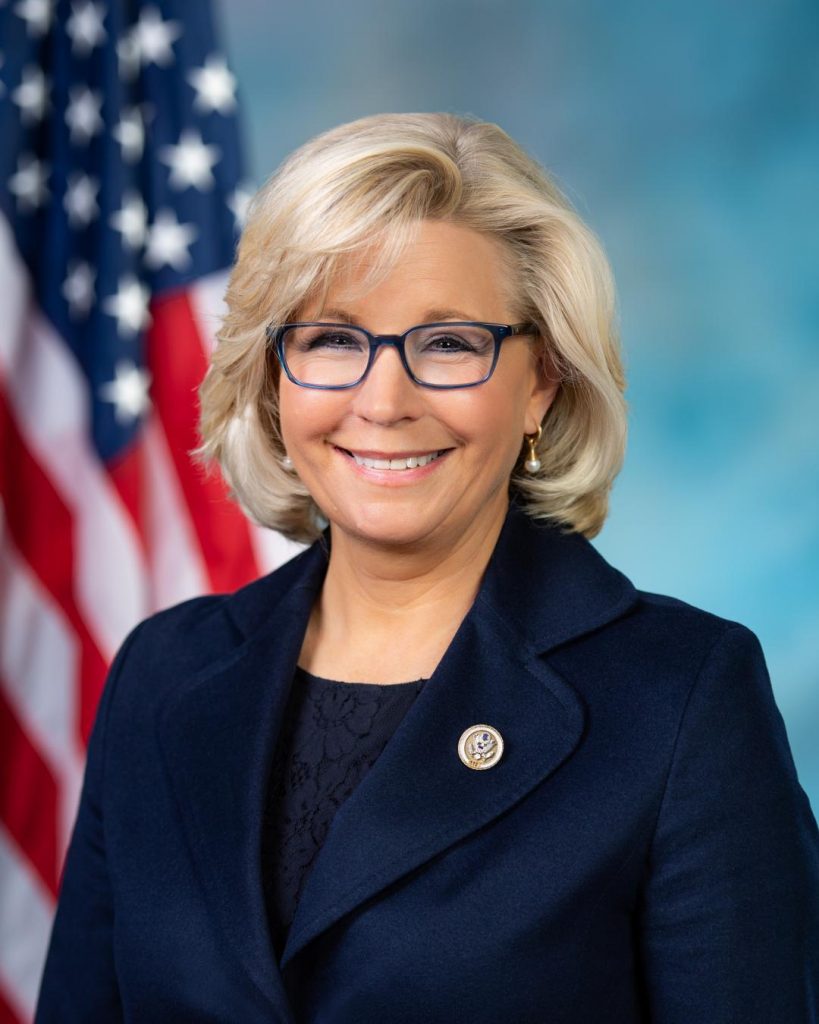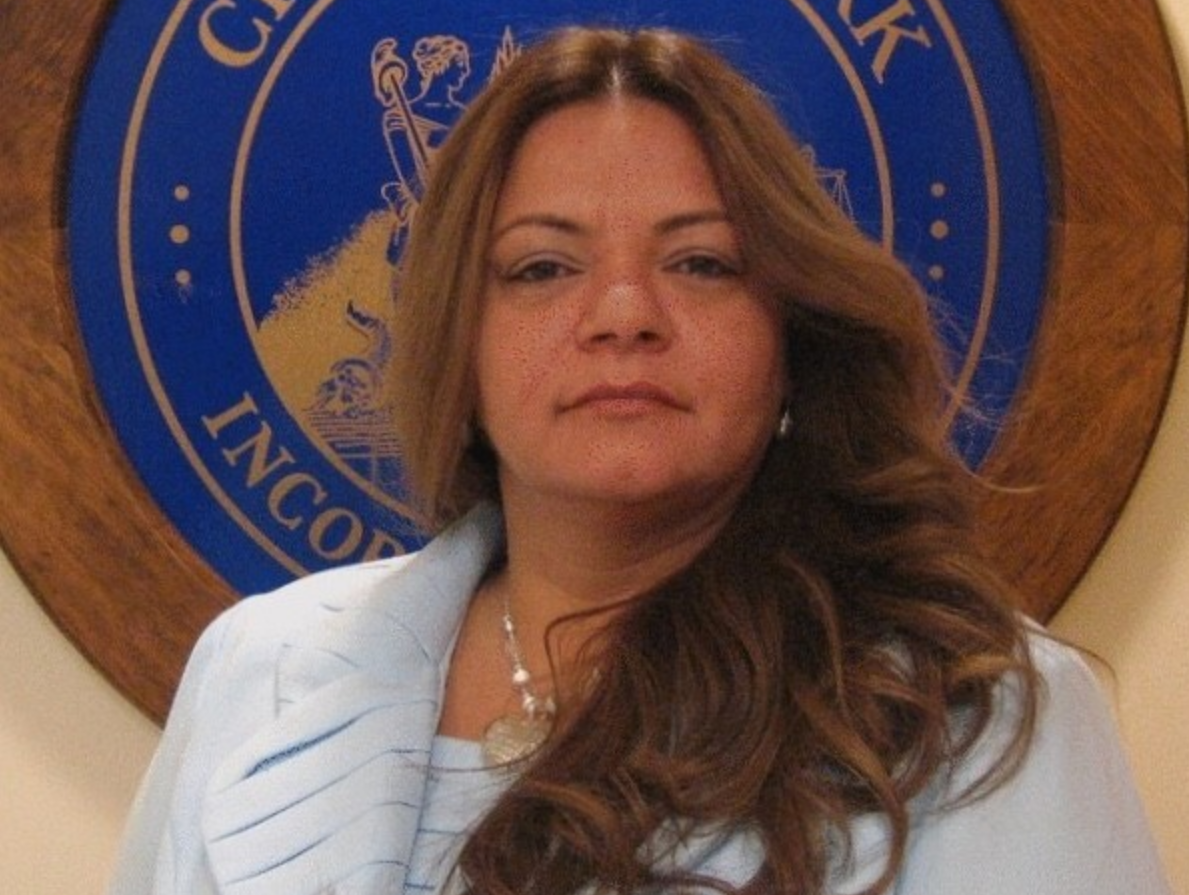PCOB gets new director
Charlottesville interim City Manager Michael Rogers announced the appointment of Inez M. Gonzalez as executive director of the Police Civilian Oversight Board on Monday, April 17.
“We are excited to both welcome Inez to the city and to ensure that our Police Civilian Oversight Board has proper staffing to engage in their work as outlined by our City Council,” says Rogers.
Gonzalez has 28 years of experience in law enforcement, 25 of which were spent with the Newark, New Jersey, police department. Her roles included community services officer, sergeant and internal affairs investigator and domestic violence coordinator, lieutenant and integrity control officer, and commander in the Office of Internal Affairs. She was the first female, Hispanic lieutenant and captain of the department. She then became a regulatory enforcement inspector for the Department of State in the Pennsylvania Bureau of Enforcement and Investigations office.
Gonzalez received her B.A. in criminal justice and homeland security from Grantham University, and underwent training and certification in community and problem-oriented policing at Northwestern University.
“I am genuinely excited to start my new role with the PCOB,” Gonzalez said in a press release.“I look forward to working with the board and other stakeholders to make meaningful changes that will positively impact the citizens of Charlottesville.”
The PCOB aims to “provide objective and independent civilian-led oversight of the Charlottesville Police Department in an effort to enhance transparency and trust, to promote fair and effective policing, and to protect the civil and constitutional rights of the people of the City of Charlottesville,” according to City Council’s website.
Gonzalez officially starts on May 1.
Cheney speaks
Liz Cheney, a former U.S. representative and an incoming UVA professor of practice, spoke with Center for Politics Director Larry Sabato at an April 19 event at Alumni Hall. Cheney talked about January 6, ongoing election conspiracies, and the grim future of the Republican Party. Despite losing her bid for reelection, the one-time Wyoming congressperson remains a major figure within conservative politics.
In her first public interview since the announcement of her professorship, Cheney largely focused on her political experience during and following the attack on the U.S. Capitol. She emphasized that the continued promotion of election conspiracies and downplaying of political violence threatens not only the Republican party, but democracy itself.
To prevent another January 6, Cheney said, people must be held accountable for their actions, including Donald Trump. She further called for leaders to be people of character and uphold their oaths of office to ensure this accountability.

In brief
Ellis in NYT
The New York Times points to UVA Board of Visitors member Bert Ellis as an example of rising “anti-woke” education movements. In an article exploring the sharp tension surrounding diversity, equity, and inclusion initiatives, and the deep political divide between education policymakers, writer Stephanie Saul frames America’s larger battle surrounding education policy around Ellis. Ellis has been deeply controversial since his appointment was announced, due to his attempted destruction of a “Fuck UVA” sign on the Lawn and co-founding of the DEI-critical Jefferson Council.
Charity pinball
On April 30, Decades Arcade will open its new location downtown with the second annual John Breen Memorial Charity Pinball Tournament for the local Ronald McDonald House. Following a terminal cancer diagnosis in 2021, avid pinball fan John Breen reached out to Decades to create the charity tournament. Breen died in April of 2021 at the age of 54. Decades’ doors will open at 1:30pm, with the tournament beginning at 4pm.
Funding ends early
Funding for the Pathways Community Resource Helpline has run out months earlier than anticipated for residents of Albemarle County. The Helpline program was created during the COVID-19 pandemic to help Charlottesville and Albemarle residents with rent, mortgage, and utilities. While the funds were expected to end with the start of the new fiscal year in July, there is now an unanticipated gap in support for community members in need. Both Charlottesville and Albemarle continue to experience housing crises due to a lack of affordable housing.
